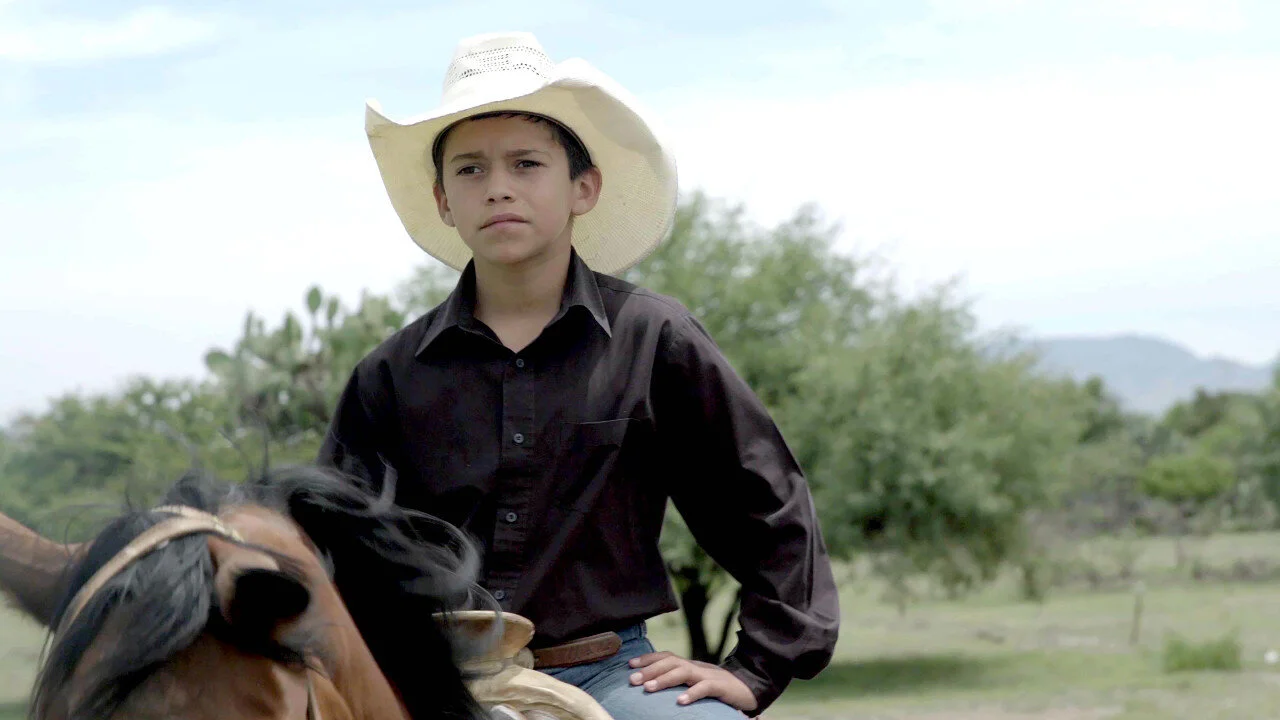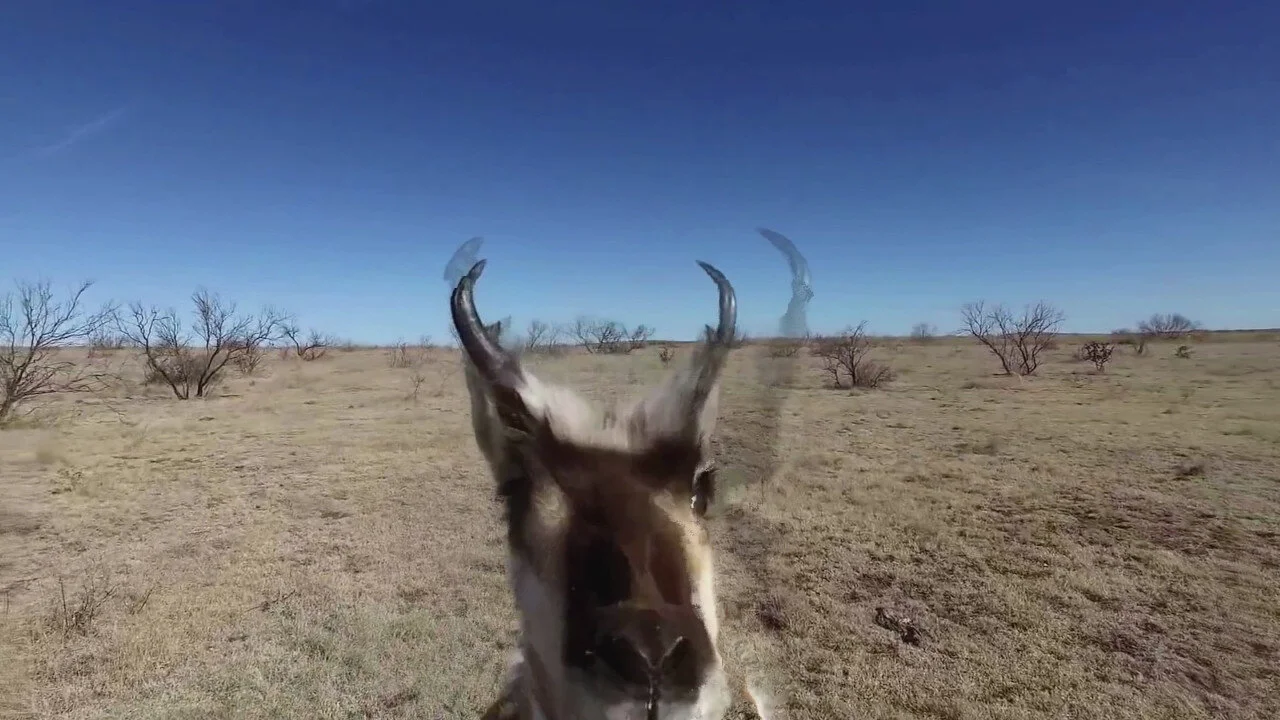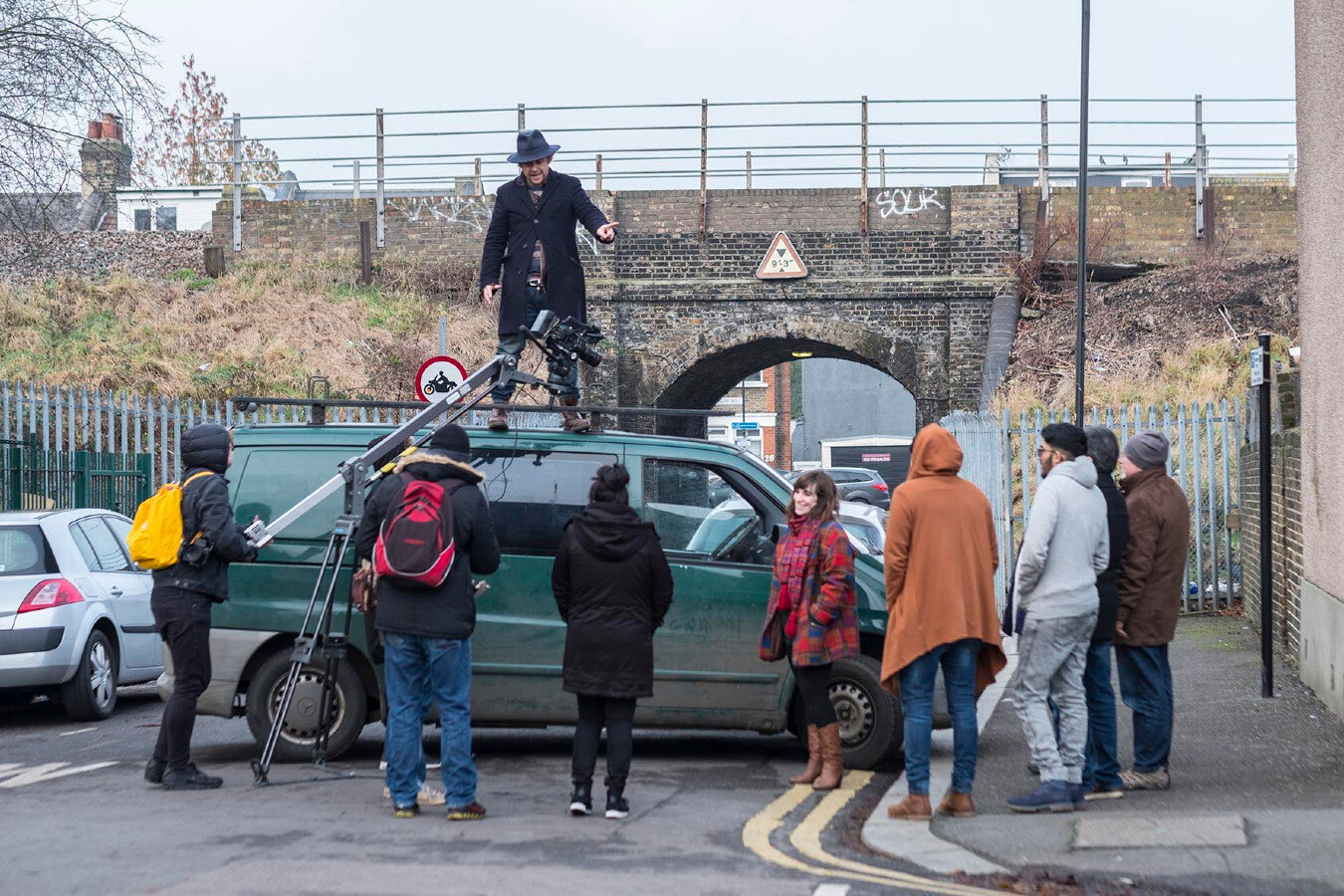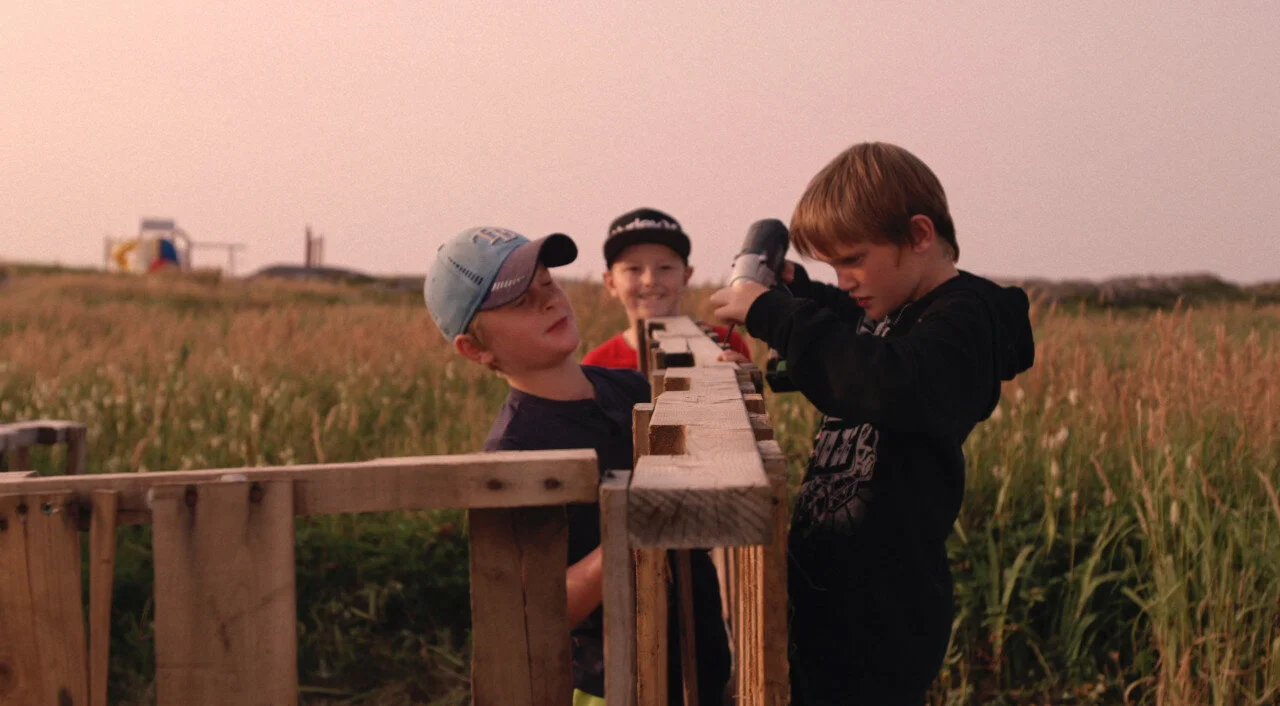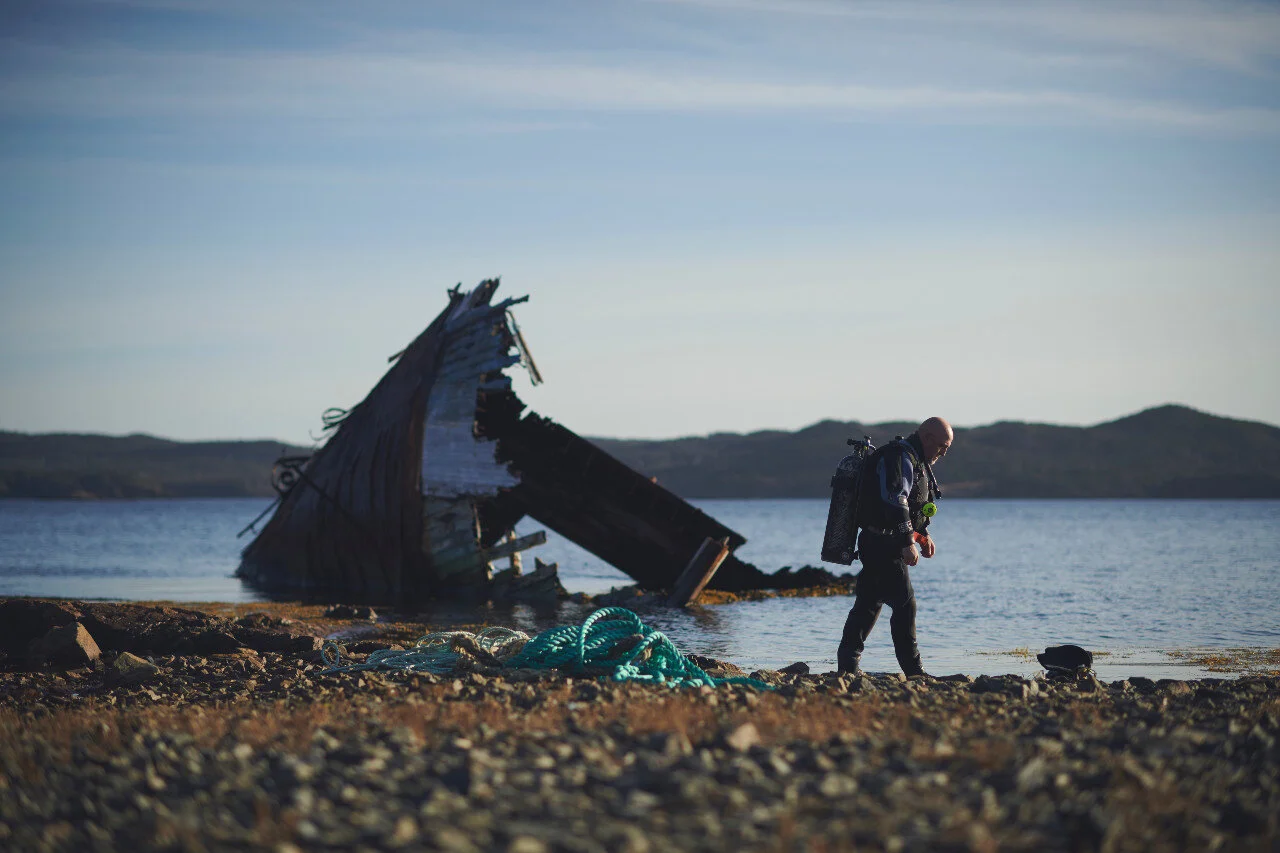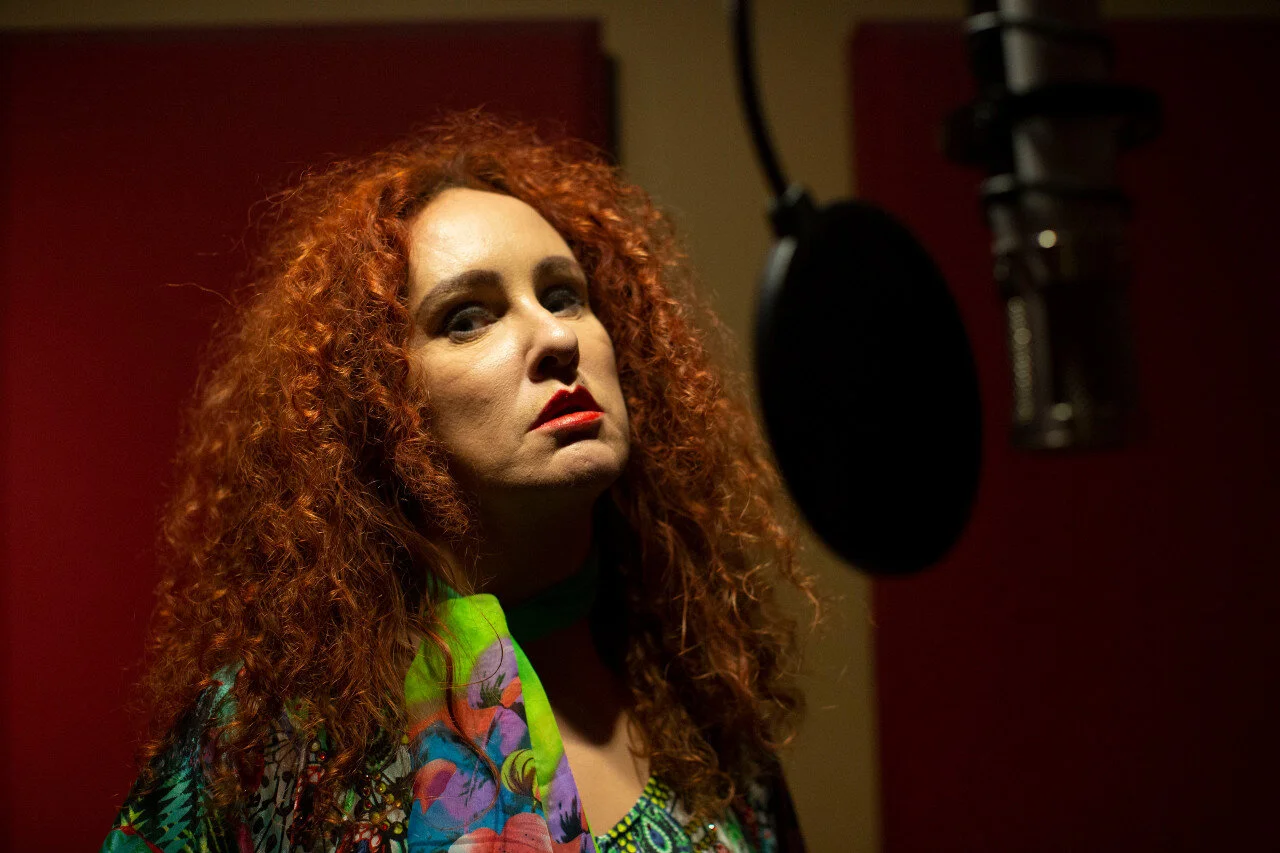Hot Docs Roundup #1: What To See (and Skip) at the World’s Best Documentary Festival
By Jim Slotek, Linda Barnard, Thom Ernst, Kim Hughes, Liam Lacey and Bonnie Laufer
Hot Docs is (almost) here!
The world’s biggest, best, most beguiling documentary film festival running April 29 through May 9 has an astounding collection of some 200+ long- and short-form films from around the world, dozens of which Original-Cin writers have previewed via capsule reviews below. More to follow in the days ahead.
We hope our previews offer good ideas for what to see; check out our overview for how best to watch and categories of interest. Don’t forget the popcorn.
A scene from the Mexican documentary Becoming.
7 Years of Lukas Graham
(Denmark, 77 minutes)
D. René Sascha Johannsen
Program: Special Presentations
A rock bio with lots of intimate backstage, studio, and road time but absolutely no bad-boy behaviour, 7 Years of Lukas Graham captures the ascent and crest of the Danish pop-soul band, Lukas Graham. More specifically, the film focuses on the emotional ups-and-downs of its baby-faced frontman and multi-instrumentalist Lukas Forchhammer who, in 2017, scored three Grammy nominations for his autobiographical song, “7 Years.”
Forchhammer, a one-time child actor raised in Copenhagen’s anarchist-squatter Freetown Christiania community, was close to his Irish father and mentor, who died suddenly at 61, when Lukas’ band was on the verge of its worldwide breakthrough. Apart from the pleasant-enough music, what’s interesting here is how Lukas struggles to balance his rock star ego and high professional standards with his image as a sensitive, humble person. He mostly succeeds, thanks in part to his commitment to his new role as a young father. – LL
All-In
(Belgium/Netherlands/France, 80 minutes)
D. Volkan Üce
Program: World Showcase
At a sun-soaked Turkish resort, Russian and German tourists come for poolside relaxation, a kid-friendly water slide, and a sprawling buffet. Hakan, 25, and 18-year-old Ismail come for quite different reasons and leave truly transformed. Hakan dreams of learning English and moving to the U.S. Former hairdresser Ismail wants to help support his family. Both — along with an army of their always smiling, deferential-by-decree countrymen coworkers — will learn that the gulf between guests and staff is very wide, and reflective of the inequities that abound in society. Yet both young men gain a measure of worldliness and self-confidence that almost certainly would have eluded them back home in their villages. Along the way, director Volkan Üce asks viewers to consider the dynamics of contemporary tourism and the bigger question of what makes someone valuable. – KH
Antelopes
Antelopes
(France, 8 minutes)
D. Maxime Martinot
Program: Shorts
Aptly billed as “a superbly crafted and visually arresting treatise on herd mentality, surveillance and freedom,” director Maxime Martinot’s experimental short film is inspired by text from French novelist Marguerite Duras about thousands of antelopes mysteriously fleeing their territories and committing mass suicide. Aerial shots of antelopes running backdrop a French-language voiceover, which gives way to a kinetic/haunting piece of music and beguiling imagery first of the creatures tearing across various landscapes and then being savagely gunned down. We are all antelopes, Martinot seems to say at film’s end, and the drones are watching us all. – KH
A.rtificial I.mmortality
(Canada, 74 Minutes)
D. Ann Shin
Program: Canadian Spectrum
Canadian journalist and filmmaker Ann Shin (My Enemy, My Brother; The Defector: Escape from North Korea) raises some provocative questions and covers a lot of ground in Hot Docs’ opening film, a survey of issues related to artificial intelligence and mortality. The result is more an entertaining primer on transhumanism, the philosophy of which advocates the use of technology to eradicate aging and death, augment our minds and bodies, and merge our consciences with immortal machines.
PROUDLY SUPPORTS ORIGINAL-CIN
Conversations take place with philosopher Nick Bostrom, roboticist Hiroshi Ishiguro, and artificial intelligence theorist Ben Goertzel, as well as needless segments on a Christian evangelist and pop guru Deepak, who has created his own A.I. mind twin, as if one Deepak Chopra weren’t enough. On a more relatable human note, Shin recounts how her father’s dementia inspired her to explore ways of holding onto the past. In the film’s most amusing sequence, she pays a service for some “mind uploading,” using her personal records and videos for an online avatar, though the somewhat creepy A.I. Ann Shin doesn’t impress the filmmaker’s young daughters. – LL
Audible
(USA, 39 minutes)
D. Matt Ogens
Program: Shorts
Audible is powerful short film that follows the real-life story of Amaree McKenstry-Hall, a hearing-impaired high school football player at the Maryland School for the Deaf, as he tries to come to terms with the death of a close friend while keeping the school’s winning football streak alive. It’s riveting to watch these graduating students face mounting pressures of entering the hearing world while tackling adversity and demanding to be heard in this moving coming-of-age story. Their determination and resilience is something we can all learn from. They face conflict but approach the future with hope, shouting to the world that they exist and they matter. Expect the documentary to premiere on Netflix later this year. -BL
See Bonnie’s interview with director Matt Ogens
Bangla Surf Girls
(Canada/Bengali, 86 minutes)
D: Elizabeth D. Costa
Program: Persister
Three young women find solace and freedom riding the waves along the beaches of Bangladesh. Risking abuse and public shame, the girls defy family expectations and the traditions of their community. But these young women, peddling handmade crafts on the beaches, are not easily shut down, not beneath the patronizing leer of young men nor the disdainful glare from tourists. Bangla Surf Girls is an uplifting story of defiance and personal strength mixed with the frustrating limits of a threatening patriarch. But as much as the camera captures the girls seeing their biggest dreams fulfilled, it is there too when their worst fears become realized. Bangla Surf Girls is a beautiful adventure filled with colour, music, and heartbreak. – TE
Bank Job
Bank Job
(United Kingdom, 87 minutes)
D. Daniel Edelstyn and Hilary Powell
Program: Artscapes
Both deftly funny and deadly serious, Bank Job is a part of an elaborate prank/provocation/art installation, cooked up by a middle-aged London couple, filmmaker Daniel Edelstyn and artist Hilary Powell, to draw attention to the debilitating effects of the debt economy. Edelstyn and Powell rented a space to create their own bank in the poor suburb of Walthamstow, where they printed bank notes featuring the faces of local people involved in under-funded public services – a primary school, a food bank, a youth project, and a soup kitchen. They sold the bills as art objects, using half the money both to support these projects and the other half with a debt broker, and forgave £1.2 million of high-interest debt for people living in their postal code. The project was then topped off with the celebratory explosion of a “debt van” in sight of London’s biggest banks. This is a film that would benefit from a long reading list (a book version is available) but raises a simple question: What if governments, instead of saving mismanaged banks, used taxpayer money to eliminate personal debt? – LL
Becoming
(Mexico, 63 minutes)
D. Isabel Vaca
Program: World Showcase
Seen through the eyes of a child, caring for cattle and horses (and dogs and cats) is exciting, cowboy-type stuff. Bullfighting — and learning about preparing those riotously strong creatures for the ring — even more so. Such are the distractions of the endless, winding days of 11-year-old Bryan and his pal Aaron, who work (and play) alongside Bryan’s family and farmhands through a long, hot Mexican summer. Writer/director and cinematographer Isabel Vaca’s film is a gentle survey on boyhood, a look at that fleeting place in time before an interest in girls takes hold but while filial devotion rules. Interviews with Bryan and Aaron are very charming, but the audience’s knowledge that an invariably less charmed life crouches in wait on the edge of summer infuses the pair’s exploits with urgency. Evocative, slow-moving, and the kind of film that conjures adjectives aplenty. - KH
The Big Scary S Word
(USA, 82 minutes)
D. Yael Bridge
Program: World Showcase
There’s always a bit of mischief in Prof. Cornel West’s voice, so he knows eyebrows will raise when they hear him describe socialism being “as American as apple pie.” But that’s pretty much the message of this film which follows a concept that predates Marx and was held as sensible by many famous Americans, including early founders of the Republican Party. Then Bolshevik-phobia and generations of Cold War propaganda tainted the word until its resurrection today. This movie follows the socialist connection from Roosevelt’s New Deal, the Civil Rights movement, the Wall Street bail-out and Occupy. Food for thought. - JS
Come Back Anytime
(Japan, 81 minutes)
D. John Daschbach
Program: Special Presentations
Tokyo ramen shop owner and chef Masamoto Ueda was “a bit of a gangster” in his youth. Teaching himself to make ramen 40 years ago put him on a different path. Long-time customers in his tiny ramen shop Bizentei come for Ueda’s noodle soup and the community that has formed at the crowded counter. They run out of superlatives to describe Ueda’s delicate soy sauce-based ramen. Bizentei often stands in for absent friends and family, a place to ease heartache and encourage connection. Regulars anxious to spend time with Ueda accompany him on trips to forage for wild mountain yams and bamboo shoots, helping in the garden plot that Ueda tends with vigour. These scenes of traditional Japan are a celebration of seasonal delicacies. A ride through the low canopy of a pear tree orchard feels like a tour around an otherworldly secret garden. Ueda’s shop will close when he retires, an eventuality his customers — who call him “master” — can barely consider. Director John Daschbach’s affectionate year-in-the-life doc will have your craving ramen and yearning to sit at a crowded counter to slurp noodles together, picking up the bowl to drain every drop. – LB
Descent
(Australia, 65 minutes)
D. Nays Baghai
Program: World Showcase
Budget-dictated brevity can be the best thing about your typical documentary. But 65 minutes is not enough time to unpack the full story of Kiki Bosch, a Dutch woman whose quest is to “free dive” in the world’s coldest waters (including Iceland), and eventually set the world record for free diving the longest distance between ice holes. Bosch, who grew up in a family of non-swimmers, kicked her devotion to free diving into high gear after experiencing a sexual assault while in Thailand and suffering PTSD. The physical punishment, and indeed self-inflicted damage she endures, would intrigue any psychologist. Meanwhile, the underwater photography and glacial surfaces are hypnotically beautiful. - JS
Dropstones
Dropstones
(Canada, 57 minutes)
D. Caitlin Durlak
Program: Canadian Spectrum
Dropstones is gentle look at a year in a single mother’s life after she returns to her Fogo Island home to raise her two young sons. Sonya sees a better world for them in the windswept and wild place she was desperate to escape as a young woman. Now free of an abusive marriage, Sonya has a job at the luxury Fogo Island Inn and has found a settled existence, even if rambunctious kids Sean and Luke try her patience. With her impressive feature debut, Toronto filmmaker Caitlin Durlak often puts the boys at the centre of the story, resulting in some of the documentary’s most delightful scenes. The kids express joy and misery with equal enthusiasm, whether heartbroken over a wobbly fort, made nervous by a whale while jigging for cod with grandpa, or when spotting caribou in the yard. It’s refreshing to see a traditional, observational documentary unfold as Durlak patiently waits for life to pass by her camera. - LB
Dead Man’s Switch a crypto mystery
(Canada, 78 Minutes)
D. Sheona McDonald
Program: Systems Down
In December 2018, Gerald Cotten — the 30-year-old Canadian founder of the Bitcoin exchange, Quadriga — died suddenly on his honeymoon in India. At the same time, $215 million in cash and cryptocurrency of his investors’ money went missing, apparently trapped in his password-protected accounts. Subsequent financial investigations determined the company was essentially a Ponzi scheme. The story of Cotten’s lavish lifestyle and shadowy background was exhaustively covered by Globe and Mail reporters Alexandra Posadzki and Joe Castaldo, along with Asian correspondent, Nathan VanderKlippe (who are all interviewed here, along with other journalists, financial analysts, and investors). The entire saga was summed up in a juicy Vanity Fair feature.
Some swindled investors believe Cotten faked his death and want the RCMP to exhume his body. Director Sheona McDonald’s documentary doesn’t break new ground but puts faces and voices to the characters and does a smart job of stick-handling through the complex financial chicanery. One fault of this TV-ready package, with its lively graphics, burbling pop soundtrack, and zippy editing, is that it overreaches. There are odd interview set-ups (reporters reminiscing in a leafy park) and dramatizations that border on tasteless, as if this was a rehearsal for a caper drama, rather than another sordid record of greed and loss. – LL
The Face of Anonymous
(Canada, 87 minutes)
D. Gary Lang
Program: Systems Down
There’s an inherent contradiction in the fact that there is a publicly famous spokesman for an online group of crusader/hackers literally dedicated to hiding their identities. A masked Commander X (a.k.a. Christopher Doyon) was the guy who’d give interviews on the latest Anonymous doings, and his visibility is shown in Gary Lang’s film to be controversial in that community. His grandiose claims, including helping ignite the Arab Spring, force the viewer to consider that Commander X might be a fraud. The movie is entertaining and sometimes surreal as it follows the aging fugitive Doyon through Santa Fe, NM, Montreal, Toronto, Winnipeg, Pembina, ND, El Paso, TX, San Miguel de Allende and Guanajuato, Mexico. – JS
FANNY: The Right to Rock
(Canada, 92 minutes)
D. Bobbi Jo Hart
Program: Persister
“One of the most important bands in American rock has been buried without a trace.” David Bowie’s onscreen words open this film about Fanny, the influential all-female rock band that never quite made it. Two Filipina American sisters took their act and band to L.A., and soon had all the trappings of rock stardom except platinum record sales: a house in Laurel Canyon that was a drop-in for famous musicians and gay/straight affairs, a live show that toured the world to acclaim, the legendary Richard Perry as a producer. Bobbi Jo Hart combines a look back (with testimonials from Bonnie Raitt and the Go-Go’s Kathy Valentine) and an uphill attempt at a comeback 40 years later. - JS
Gaucho Americano
(Chile, 75 minutes)
D. Nicolás Molina
Program: International Spectrum
Not a documentary in the conventional sense, more a series of vignettes, out of which a story emerges. Fiftysomething Joaquin and twentysomething Victor are Chilean gauchos who’ve been hired to herd sheep on a ranch in the American West. They’re there for the money, working for American ranchers who speak literally no Spanish. The communication barrier is almost a comedy act, a wall behind which Joaquin is derided as too old to keep track of hundreds of sheep, while Victor gamely flirts with women he can’t talk to. Animal lovers be warned. A mountain lion meets a violent end at one point, and Joaquin demonstrates how to kill a sheep and cook it over an open fire. -JS
Hell or Clean Water
Hell or Clean Water
(Canada, 88 minutes)
D. Cody Westman
Program: Canadian Spectrum
Newfoundland commercial diver Shawn Bath went from tossing trash from his truck window to fervent environmentalist, determined to haul up tonnes of garbage tossed from government wharfs. The stuff coats the ocean floor in Cody Westman’s doc, shocking underwater evidence of decades of people using the water as a dump — behaviour that still continues. Bath’s girlfriend Staunene helped him see the light and now he’s on a solo mission for environmental change, starting Clean Harbours Initiative and trying to run it with modest donations. Outfitted in a lumpy diving suit, Bath pulls out tires, boat parts, bottles and discarded fishing nets every day. The nets are lethal to wildlife; a scene of a drowned orca rotting in the remains of a ghost net is heartbreaking. It’s a lonely, exhausting endeavour and Bath is broke — a fact that is repeated a bit too often in the film. When an animal rights group reviled by some in Newfoundland for anti-seal hunt campaigns helps Bath secure needed funding to run Clean Harbours Initiative, things get political. - LB
Imad's Childhood
(Sweden/Latvia/Iraq, 78 minutes)
D: Zahavi Sanjavi
Program: World Showcase
Lurking within director Zahavi Sanjavi's Imad's Childhood is a horror film more unsettling than any conceived bit of fiction. Imad's Childhood is a possession film. Like many films about possession, the victim is a child. Unlike fictional possession films, the demons are real and not quickly abolished with vials of holy water and exorcism. Imad is a five-year-old Yazidi boy kidnapped and held prisoner by ISIS for two-and-a-half years with his mother and his little brother. They're home, but the poison is set in Imad's heart and mind. Imad is incapable of displaying any emotion other than pure hate and anger. He spits on his mother, despises his grandmother, and randomly attacks children (and adults) in his community. Imad's Childhood would be a compelling essay on brainwashing and trauma, but the film's twist towards compassion challenges any internal dialogue that would dismiss hope. This is an immersive, compassionate documentary. – TE
I’m Wanita
I'm Wanita
(Australia, 86 minutes)
D: Matthew Walker
Program: Artscapes
I'm Wanita is a combination of country-star biography, international road picture, and an authentic country musical the kind not seen since Robert Altman's Nashville. (Wanita would prefer a comparison to Coal Miner's Daughter, which is also accurate). Wanita Bahtiyar is the “Australian Queen of Honky Tonk,” or so she has dubbed herself. Wanita is difficult, a drinker, a former sex worker, foul-mouthed, and easily thrown off her game. And with her best years behind her, the chances of Wanita fulfilling her dreams to become a country star seems unlikely. Plus, Wanita is cursed with an insatiable need to help others before helping herself. But despite self-doubts—frequently confirmed by her needy but loving Turkish cowboy husband—Wanita is determined to find success in America. I'm Wanita is filled with music, surprises, comedy, and affection; a satisfying, carefully cut gem of a film with a heart enough to cover Texas and the songs to match. And I don't even particularly care for country music. – TE
My Tree
(Canada, 105 minutes)
D. Jason Sherman
Program: Canadian Spectrum
As a child, I spent 10 years in Hebrew day school and often wondered two things: where does the money that I put into the little blue-and-white charity boxes go? And where exactly are “my” trees, the ones where I donated money so that they would be planted in Israel on my behalf? As I got older and had children of my own, once again I thought, ‘Where are the trees that have been planted in my son’s names as gifts?’ It seems I wasn’t the only one with these questions. Filmmaker Jason Sherman explores this and more in his documentary, My Tree. Sherman — who recalls receiving many gifts for his bar mitzvah — finds himself 40 years later obsessed with one particular present. A tree was planted in Israel, in his name, and he wants to know where that tree might be and if there was even the possibility of finding it.
Keen to better understand its origins and hopefully find out what's become of his seedling, he begins a quest from Toronto to Tel Aviv. Along the way he learns a lot about the Jewish National Fund, their projects and little blue charity boxes. It is beyond belief what Sherman discovers about the land where his tree might have been planted. His discovery truly brought me to tears and had me thinking about trees that have been planted in mine and my children’s honours. It was a fascinating and eye-opening lesson taking this journey with Sherman and will undoubtedly make you think twice about tree planting in Israel. - BL
See Bonnie’s interview with filmmaker Jason Sherman
Street Gang: How We Got To Sesame Street
(USA, 107 minutes)
D. Marilyn Agrelo
Program: Special Presentations
Street Gang: How We Got To Sesame Street is a welcome trip down memory lane. I was smiling from ear to ear watching this documentary and remembering how Sesame Street was instrumental in my childhood and my kid’s life as well. This doc gives us a front-row look at what it took to create the most important kids TV series of all time —50 years and counting is still going strong. The film is heartwarming, filled with exclusive behind-the-scenes footage and interviews with writers, cast, and crew. Plus, there are bloopers-a-plenty with Jim Henson and his marvelous Muppets. That alone is worth the price of admission! -BL

